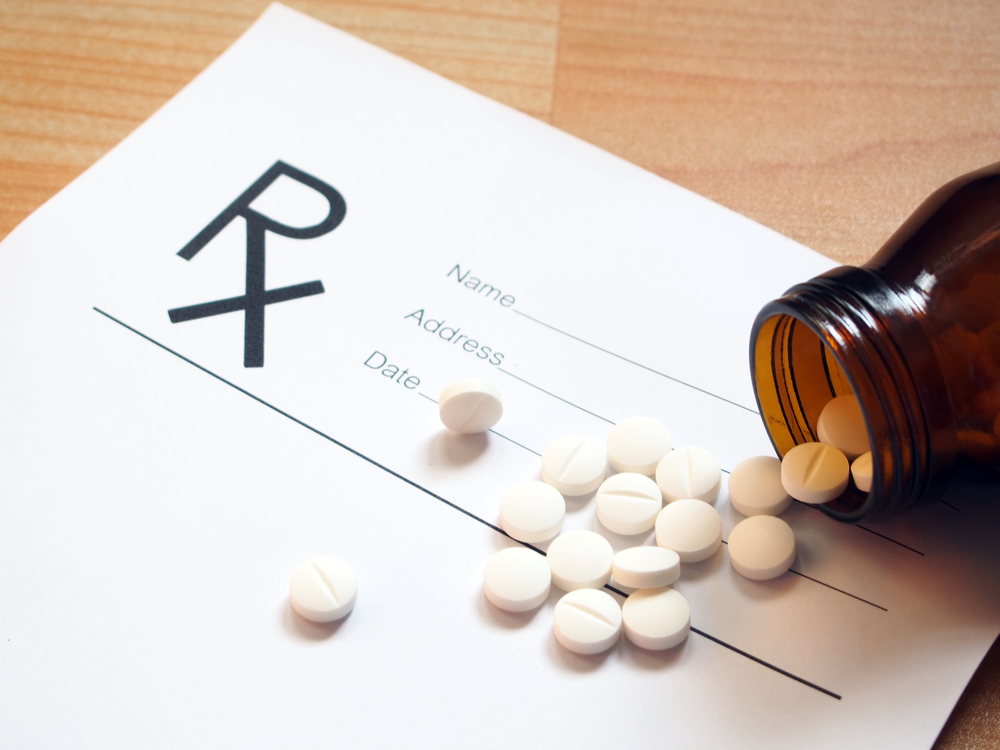
One of the most frequent questions we field when it comes to medical malpractice is what goes wrong, and why. A leading form of medical malpractice is prescription drug errors, which we will discuss in further detail today. Sadly, prescription errors injure more than seven million people every single year in the United States. And these mistakes result in $21 billion in added healthcare costs.
What Are Prescription Errors?
In their lifetime, most people will be prescribed a drug at least once. This means that every single American is at risk of injury – or worse – simply by receiving a prescription. Pharmacists dispense medications to patients of all ages and conditions. They provide drugs that treat everything from minor illnesses to chronic diseases. While these individuals are trained professionals, when they give patients the wrong medication or improper dosage, it could harm or kill the person.
Where can they happen?
There are many things that can go wrong in today’s modern healthcare system. Often, these mistakes result in the pharmacist being held liable for medical malpractice. Some of the most common pharmacy mistakes include:
- Administering the wrong medication – When a doctor or nurse prescribes the wrong medication, it can have very serious consequences. According to research, 10 percent of all prescriptions are filled in error.
- Mislabeling the medication – When a medication is mislabeled, it can result in the patient not only taking the wrong medication but not getting the medicine they need.
- Failure to discuss potential side effects – It is a doctor’s duty to inform the patient of any potential symptoms or side effects of the medication. In the event they do not give you instructions on how to take the medication, what to expect while you are taking it, and any behaviors you should avoid while on the medication, they may be held accountable.
- Failure to look at other medications – If the doctor does not look at and take into consideration the other medications you are taking before giving you a prescription, it could put you at risk. The pharmacist and doctor should always review all the medications you are taking to ensure there are no potential complications.
If you have been prescribed the wrong medication or dosage and were injured as a result, please contact the medical malpractice lawyers at Wormington & Bollinger today. Our experienced attorneys are prepared to go over your case and will advise you on how to proceed from here. You may have a medical malpractice lawsuit on your hands – and we are here to help.




